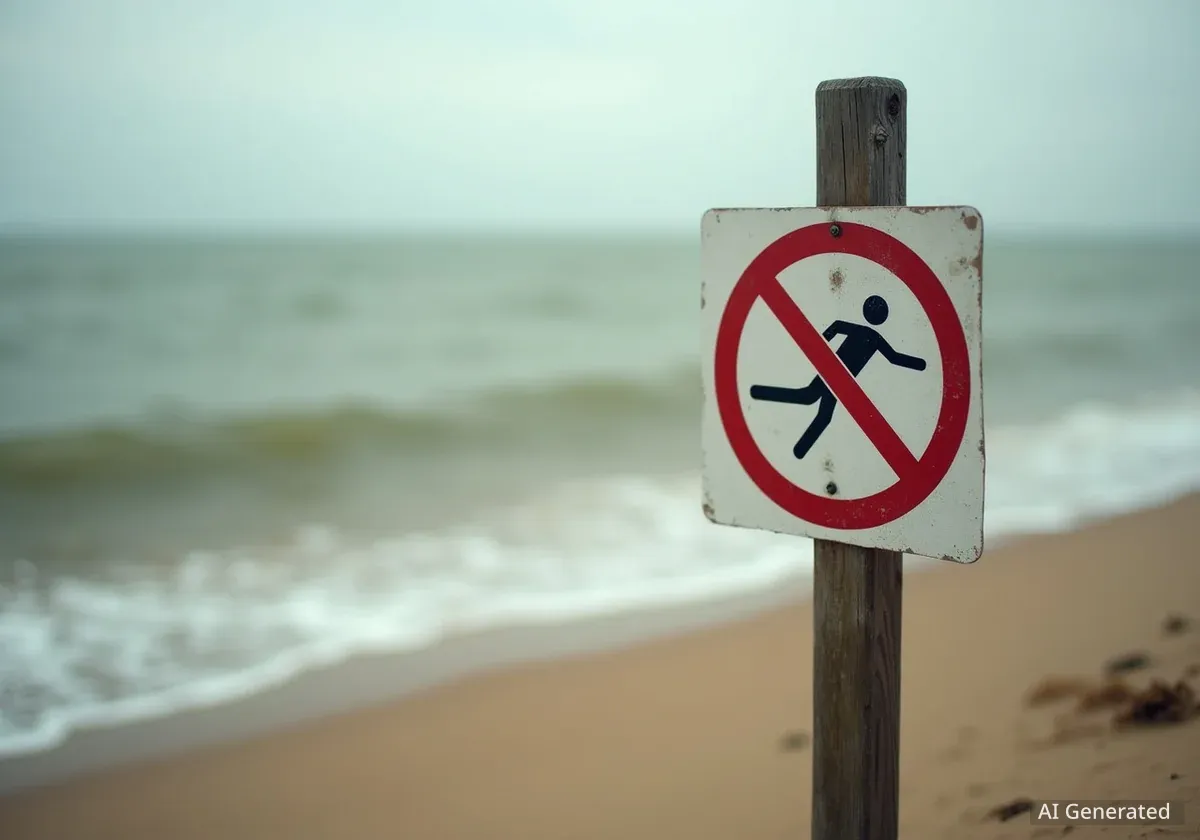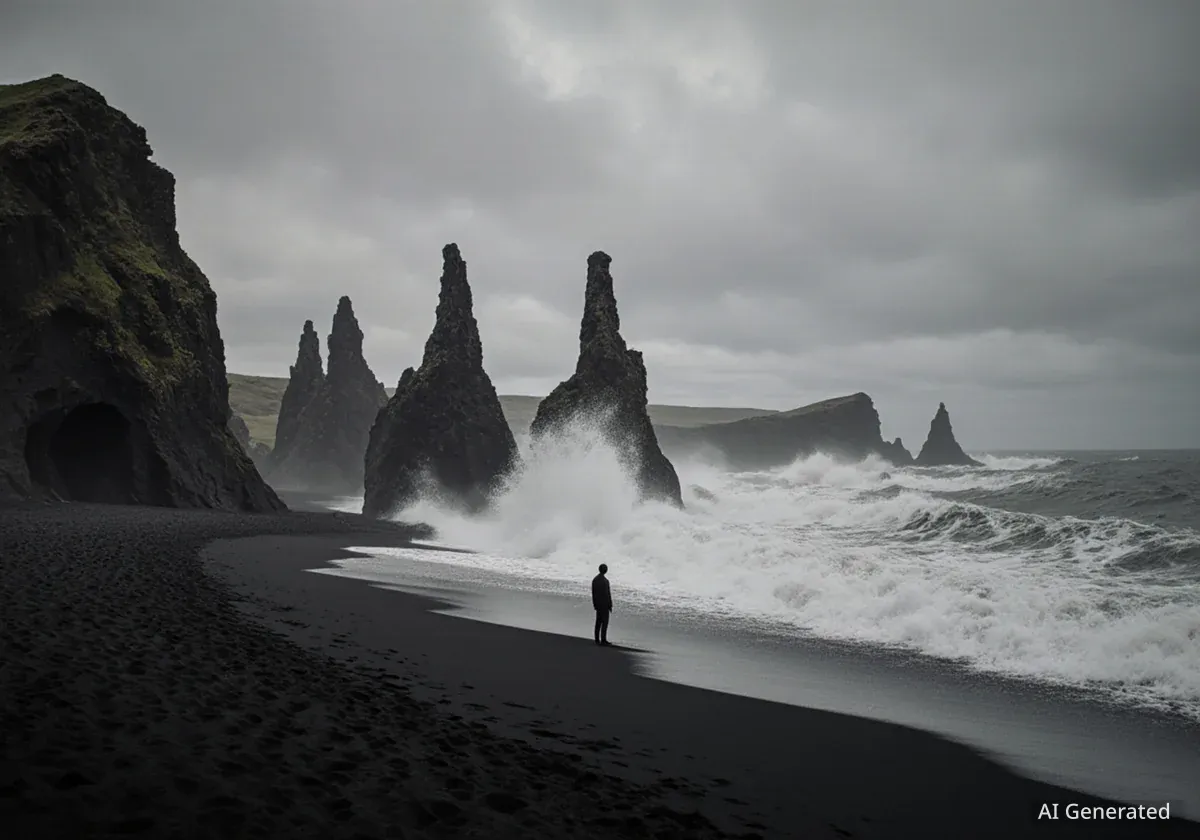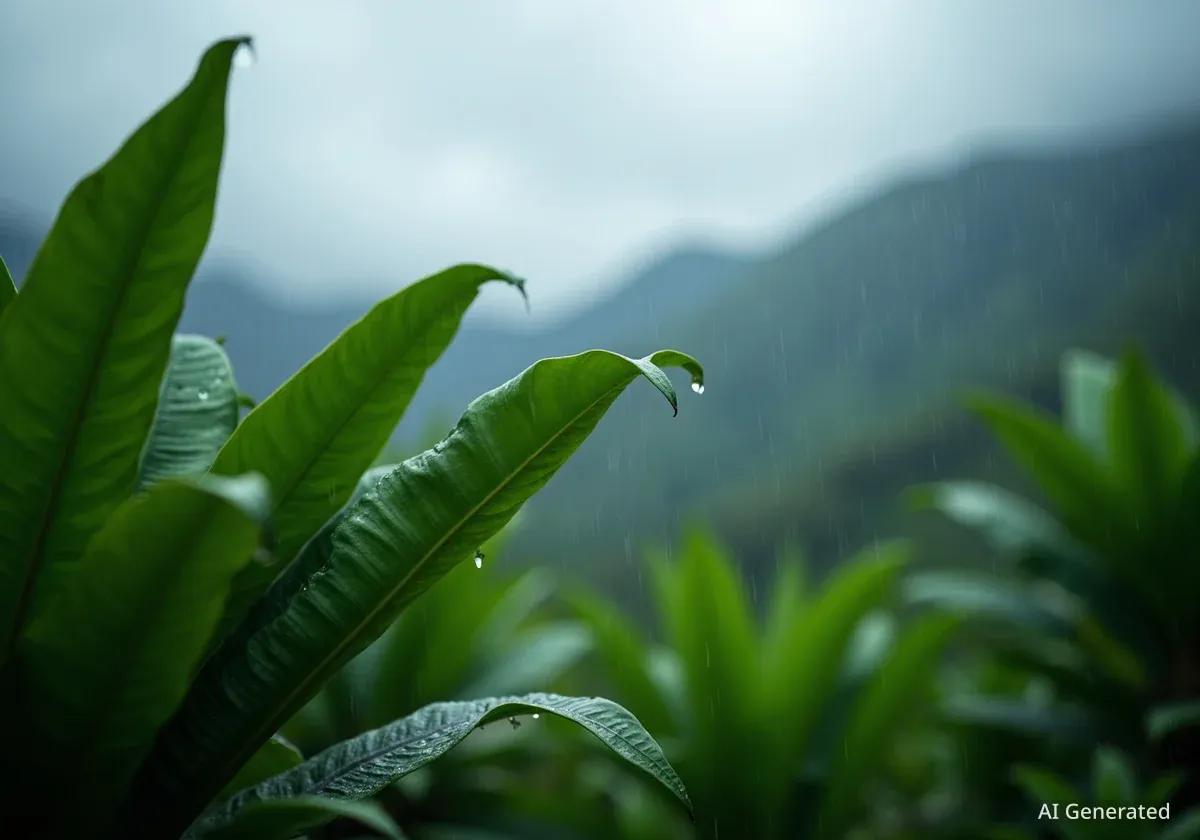Health officials in King County have issued warnings about several local beaches, advising the public to avoid water activities. Recent tests show high levels of bacteria and toxic algae. This advisory impacts eight specific beaches as the summer season concludes.
Key Takeaways
- Eight King County beaches are now closed for swimming due to contamination.
- High bacteria levels were found at Madison Park, Houghton, Gene Coulon, and Newcastle beaches.
- Toxic algae detections occurred at Echo Lake, Cottage Lake, Green Lake East, and Green Lake West.
- King County Public Health uses Colony Forming Units (CFU) to measure bacteria levels.
- Some beaches recorded bacteria levels significantly higher than safety thresholds.
Multiple Beaches Show High Bacteria Levels
King County Public Health (KCPH) conducted water quality tests on September 9, 15, and 16. These tests involved collecting three samples from different areas of each beach. The results indicated elevated bacteria counts in several locations.
According to KCPH, the presence of bacteria suggests contamination from human, pet, or wildlife waste. This waste can contain germs that may cause illness in individuals who swim or play in the water. The agency uses these tests to assess public health risks.
Understanding Bacteria Levels
King County defines a beach as contaminated if two or three samples show more than 320 Colony Forming Units (CFU) per 100 mL of water on the same day. CFU is a standard measure for bacteria concentration.
Beaches with Elevated Bacterial CFUs:
- Madison Park Beach: Sample A recorded 760 CFUs.
- Houghton Beach: Samples A, B, and C showed 700, 500, and 720 CFUs, respectively.
- Gene Coulon Beach: Samples B and C registered 340 and 390 CFUs.
- Newcastle Beach: Sample B had 330 CFUs.
Toxic Algae Affects Four Lakes
In addition to bacterial contamination, four other popular swimming spots have been impacted by toxic algae. This natural phenomenon can produce toxins harmful to both humans and animals, leading to similar 'no swimming' advisories.
The affected locations include Echo Lake Beach, Cottage Lake, Green Lake East, and Green Lake West. Health officials recommend avoiding contact with water in these areas until further notice. Toxic algae blooms are often linked to warm weather and nutrient-rich water conditions.
"We test the water for bacteria, which tells us whether there is poop in the water from people, pets, or wildlife. Poop can carry germs that can make people sick from swimming or playing in the water," King County Public Health stated in a recent news release.
Previous High Readings at Newcastle Beach
Earlier in September, Newcastle Beach exhibited significantly high bacteria levels. On September 9, two samples from the beach surpassed the KCPH safety threshold of 320 CFUs by a large margin.
Sample A at Newcastle Beach revealed 2500 CFUs, which was eight times higher than the baseline for a contaminated beach. Sample B reported an even higher count of 4100 CFUs, nearly 13 times the safety limit. These figures highlight the extent of the contamination.
Why Bacteria Testing Matters
King County Public Health explains that while it is impossible to test for every type of germ (bacteria, viruses, parasites) found in waste, testing for specific bacteria helps predict the overall risk of illness. This method is a commonly used indicator for water safety.
Remaining Open Beaches for Public Use
Despite the closures, several King County beaches remain open for public enjoyment. These include Madrona Beach, Seward Park, Magnuson Beach, Meydenbauer Beach, and Enatai Beach. These locations have not shown elevated levels of contaminants in recent tests.
The recent heatwave, with temperatures reaching the high 80s in parts of the greater Seattle area, makes cooling off at local beaches a popular activity. While options are limited, residents still have choices for safe water access.
Duration of Closures
As of now, King County Public Health has not provided a timeline for how long the current beach closures will remain in effect. Officials will likely continue monitoring water quality and will announce updates as conditions change. The public is advised to check KCPH resources for the latest information before planning beach visits.
Staying informed about beach advisories is important for public health. Residents should always look for official signage at beaches and consult the King County Public Health website for current status updates.





